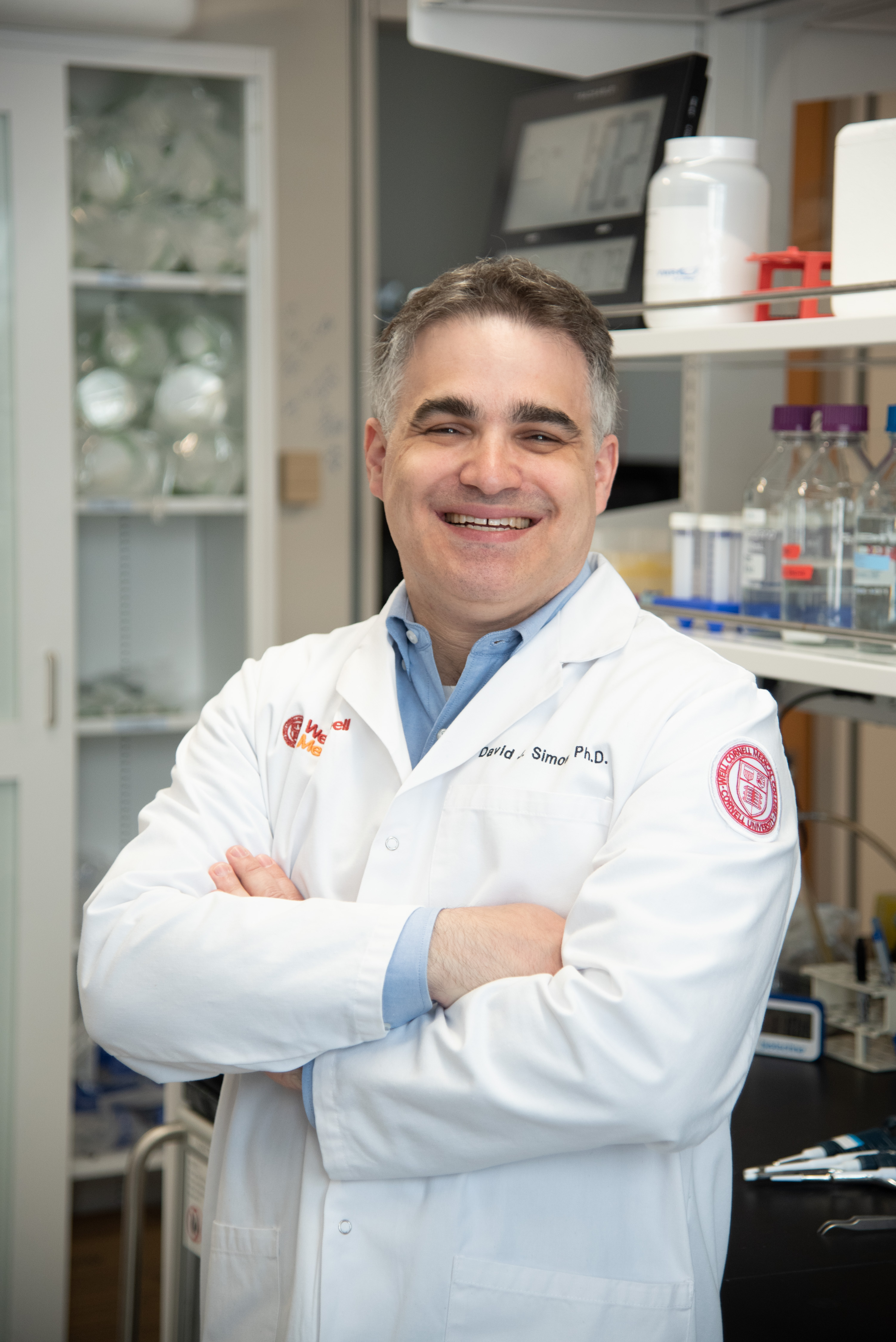
Research
Neurons are highly polarized structures with axons that can reach over a meter in length yet are only a few microns wide. Despite the challenges presented by the unique morphology, neurons, unlike almost all other cells in the body, often survive for a lifetime. Our overarching goal is to understand the molecules and pathways that promote this extraordinary survival capacity and to ultimately define how various stressors interrupt these pathways to drive neurodegeneration. Our starting point is the programmed death of axons that sculpt mature connections during normal mammalian development. Studying this stereotyped axonal loss allows us to directly compare how and why some axons remain alive while others degenerate, a problem with strong similarities to the selective neuronal vulnerability seen in many neurodegenerative disorders. We leverage the tools of cell biology, genetics, biochemistry, and advanced light microscopy in pursuit of these topics.
We also study how axons are protected from and become vulnerable to cues in their environment. Here our goal is to understand the molecular logic of neuroimmune interactions that underly inflammatory damage to the nervous system. We study this problem in skin, an organ that is densely innervated by many classes of axons that must survive despite the frequent inflammation present in this barrier tissue. We investigate the bidirectional signaling between axons and cells of the immune system, and how this signaling ultimately impacts the balance between axon survival and immune-mediate axon damage.
Finally, we are interested in how axons survive in pathological tissue such as primary tumors. Tumors are often densely innervated by axons, but little is known regarding the function of these axons and the signals that recruit and allow them to survive in the harsh tumor microenvironment. Using melanoma as a model, we study the development and functional role of intra-tumoral axons with the ultimately goal of generating a comprehensive understanding of how the nervous system regulates tumorigenesis.
Current Projects:
- The cell biology of neuronal survival. Why are neurons so long-lived and how do stressors survival pathways to promote degeneration?
- Mechanisms and consequences of axon pruning in developing. We study the mechanisms and biological roles of axon pruning with an eye towards understanding the etiology of neurodevelopmental disorders.
- Nerve-tumor interactions. We are interested the biological roles of axons within the complex tumor microenvironment.
Bio
David attended Brandeis where he received a combined B.S./M.S. in neuroscience. He earned a Ph.D. in neurobiology at Harvard where his interest in neuronal cell biology began. As a postdoc at Rockefeller and Stanford, David studies the mechanisms of axon survival and degeneration during mammalian neurodevelopment. His lab at Weill Cornell uses cell biology, genetics, and imaging to study the cues that govern axon survival in contexts ranging from the developing brain to growing tumors.
Distinctions:
- Pershing Square Sohn Prize for Young Investigators in Cancer Research (2023)
- Chan Zuckerberg Initiative Neurodegeneration Challenge Network member
